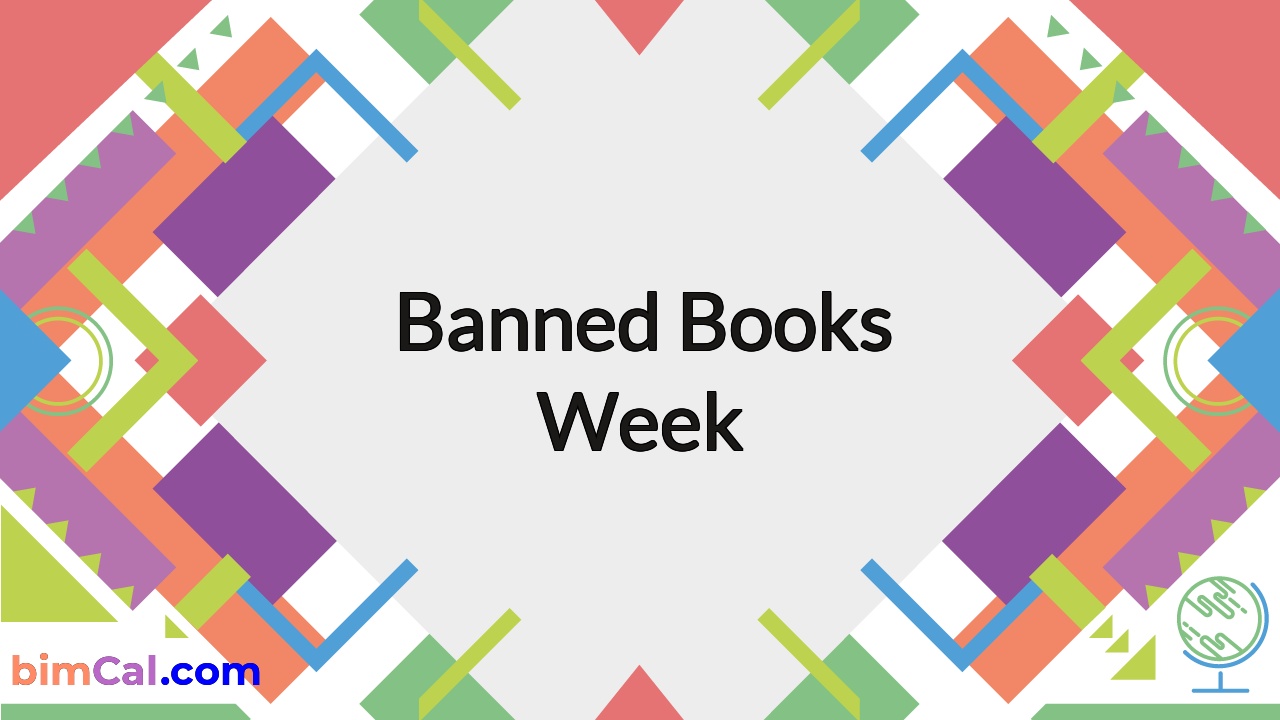

In 1987, for example, the Anchorage School Board banned the American Heritage Dictionary for its "objectionable" entries - particularly slang words, including "bed," "knocker" and "balls." 1977: "Sylvester and the Magic Pebble" by William Steig

You might assume that the dictionary is the least likely place a teen would search for illicit content, but school administrators in Alaska believed otherwise - both American Heritage and Merriam-Webster have been banned in various libraries and schools. Early critics argued that Harriet "didn't spy, but rather gossiped, slandered and hurt other people without feeling sorry about her actions," Thought Co.

Some schools blocked Louise Fitzhugh's book from shelves when it came out in the 1960s because of concerns that the 11-year-old child's penchant for peeping on her neighbors, jotting down her brutally honest observations, and being generally disagreeable could negatively influence kids by setting a bad example. " Harriet the Spy" was banned from shelves because its titular character is, well, a spy. A 1969 column in Ladies Home Journal deemed the book "psychologically damaging for 3- and 4-year-olds." Mid-1960s: "Harriet the Spy" by Louise Fitzhugh When the book was finally published in 1963, it was banned because adults found it problematic that Max was punished by being sent to bed without dinner and also bristled at the book's supernatural themes. Mid-1960s: "Where the Wild Things Are" by Maurice SendakĪuthor Maurice Sendak had a hard time getting his classic children's book " Where the Wild Things Are" published, as many editors feared that troublemaker Max's imaginary adventure into a fantasy land was too dark and frightening.


 0 kommentar(er)
0 kommentar(er)
